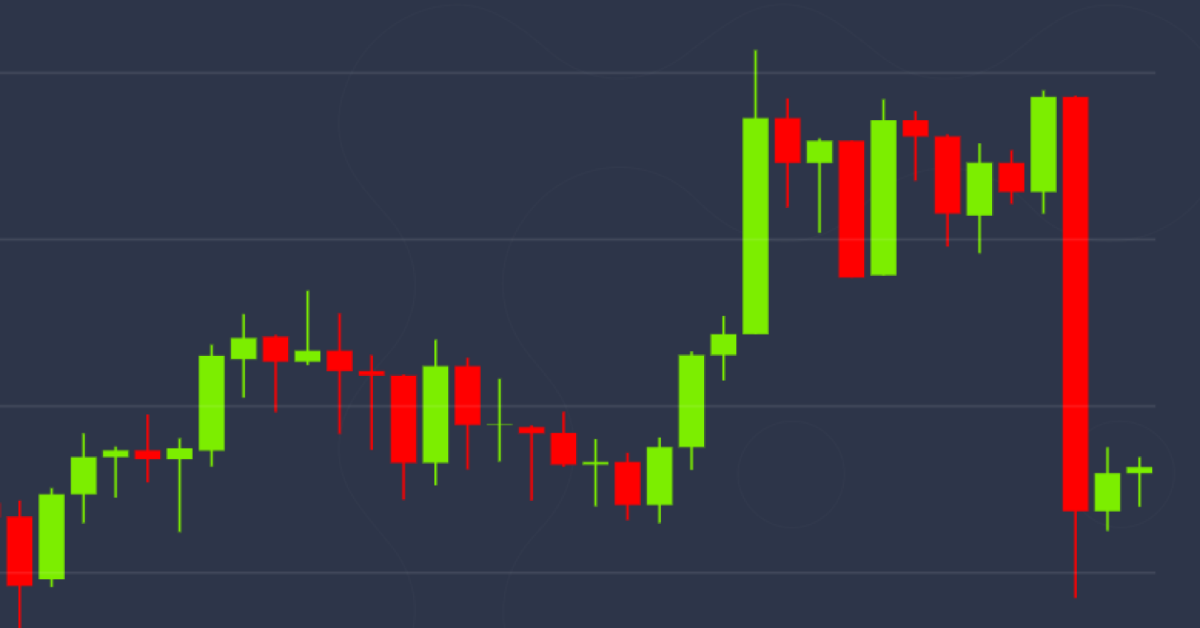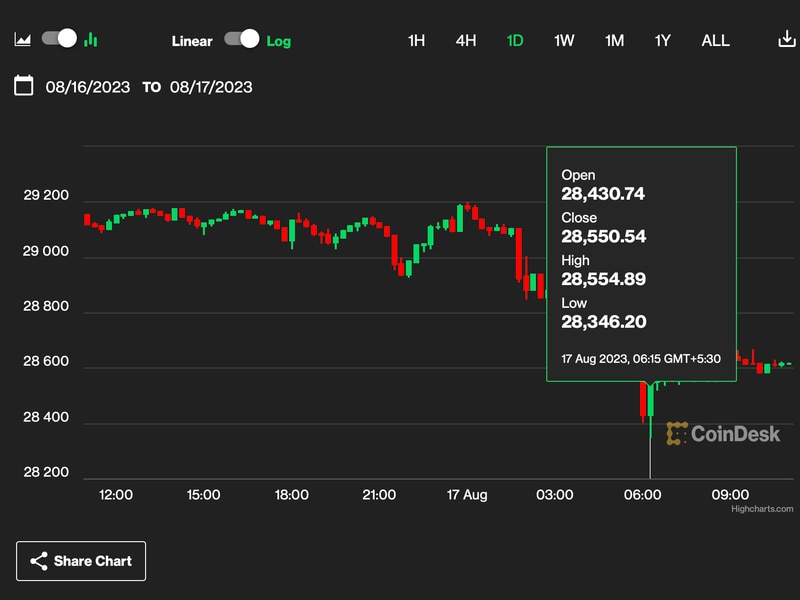Coinbase’s Director of Data Science and Risk Leaves to ‘Build From Scratch’

Soups Ranjan, director of data science and risk at Coinbase, has left the cryptocurrency exchange after three and a half years.
Ranjan announced his departure Thursday in a tweet and a lengthy blog post, in which he wrote:
“Last week marked the end of my tour of duties at Coinbase where I built many systems and teams from ground up (data, risk, tools, identity). It was an exhilarating three and half years and Coinbase is quite a rocket-ship that I am immensely grateful to have had a front row seat on.”
He added that at Coinbase, he started to enjoy “building things from scratch” and suggested that readers “stay tuned” to his next move.
Ranjan is on the board of directors of RiskSalon, a monthly roundtable on risk management based in San Francisco Bay Area, which he co-founded with Nate Kugland, data science manager at Airbnb. It’s unclear if he has made any decision about his next career move.
It’s also unclear whether Coinbase has filled his position, or intends to. Neither Ranjan nor Coinbase responded to request for comments at press time.
Reacting to Ranjan’s announcement, Linda Xie, a former Coinbase manager and the co-founder and managing director of Scalar Capital, tweeted: “End of an era! It was such a pleasure getting to work closely together over the years.”
Risk management in tricky times
According to Ranjan’s own account, at Coinbase he supervised the risk team, building security features for users’ accounts, tools “to streamline workflows for legal, compliance, accounting teams” and managing identity verification and know-your-customer (KYC) integration. He also led the data science team working to automate Coinbase’s processes for identity and anti-fraud checks.
In his farewell post, Ranjan noted that in the beginning, Coinbase had had “a pretty hard payment fraud problem due to the instant and irreversible nature of cryptocurrencies,” so he and his team developed a system of users’ risk scores and machine-learning-based mechanisms detecting if a customer “is using a stolen payment instrument to purchase cryptocurrencies.”
Another accomplishment he listed was the introduction of step-up authentication at Coinbase, when users need to produce additional proof they are who they say they are to sign in when there is a risk of account takeover.
He also recalled problems Coinbase ran into during bitcoin’s unprecedented rally in December 2017:
“During the crypto bull run of 2017, we had huge backlogs in Identity document verification. We had to turn away several customers. We quickly overhauled our verification infrastructure and went from a fully manual process to one where an automated system does a first pass at annotating and validating IDs followed by a fallback to the manual process.”
Ranjan thanked his supervisors and colleagues and Coinbase, noting that it became a kind of “crypto university,” whose alumni gain enough knowledge to start something new and share their expertise with the community.
For more updates on who’s going where in the world of blockchains and cryptocurrency, follow @CoinDeskMovers on Twitter and join the CoinDesk Movers and Shakers LinkedIn group.
Soups Ranjan image via YouTube









